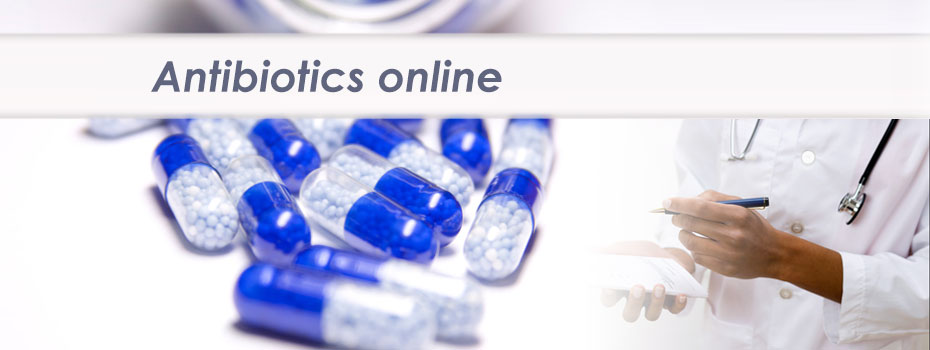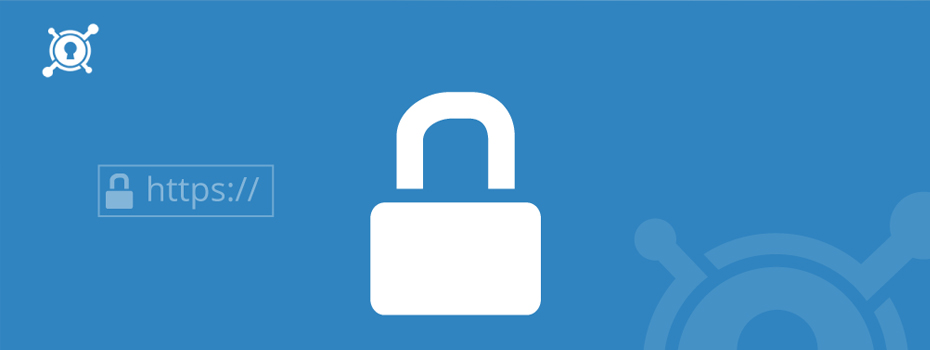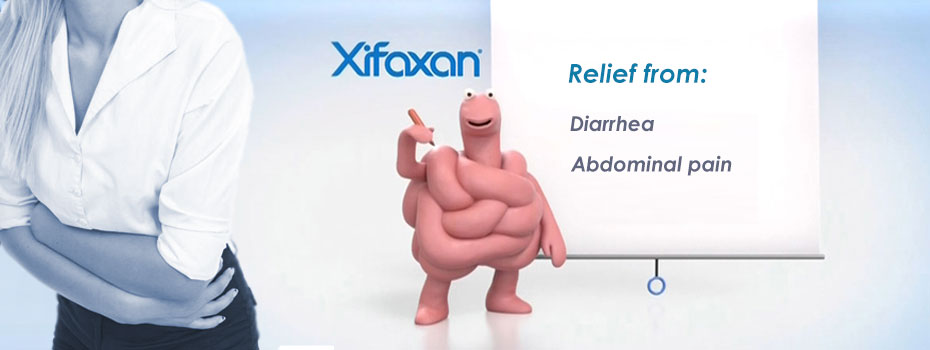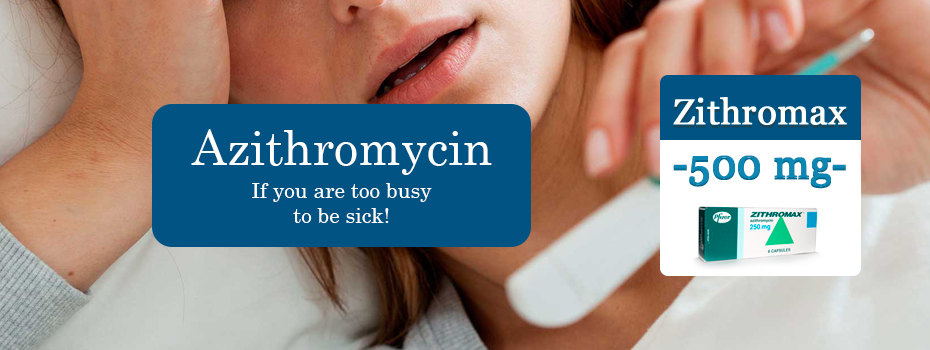How to be treated with antibiotics
It is impossible to present modern medicine without antibiotics, and names of these preparations even more often can be read in recipes of doctors. At the same time about antibiotics the bad reputation goes: many people consider their too dangerous and consequently their use try to avoid all ways. Others, on the contrary, don't give due value to by-effects of antibiotics and abuse them. How to define, in what cases it is necessary to accept antibiotics and in what it is better to refrain from them? These preparations are how much dangerous and how to avoid occurrence of collateral reactions? You will find answers to these and other questions in our article.
Antibiotic: means from all illnesses or poison?
Antibiotics it is the chemical substances, capable to block development of microorganisms or to cause their destruction. Already from definition it is possible to understand that antibiotics are not that other, as poisons. Really, for many microbes (a bacterium, fungi) antibiotics are very poisonous, but after all we use this property of antibiotics for struggle against infectious diseases. And how to be with influence of antibiotics on a human body? Whether antibiotics are so dangerous to the person, as well as for microbes? Certainly isn't present! Toxicity of the majority of antibiotics in relation to a human body much more low, than in relation to microbes, or in general is absent. This property of antibiotics is named by a selectivity principle.
Many antibiotics are selectively directed on certain structures of the microbes which do not have confidants of analogs in our organism. Despite it the toxic potential of many antibiotics is great enough to harm and to the person.
Usually it is necessary to choose between risk of use of an antibiotic and risk of defective treatment of an infectious disease with all that it implies from this complications. In such situation the choice of doctors far isn't unequivocal. In many cases of an infection at the pregnant women feeding mothers or children of early age, or at patients with chronic illnesses doctors forbid to use antibiotics.
In what cases use of antibiotics is necessary?
Antibiotics urged to struggle with bacteria and consequently their use should be limited to treatment and preventive maintenance of various bacterial infections.
Use of antibiotics in treatment of some illnesses (a pneumonia, infections of urinogenital system, purulent inflammations of a skin, an infection sexually transmitted and so forth) needless to say, but in case of other illnesses it is possible to argue on necessity of use of antibiotics. A classical example of such illnesses is banal cold. Whether it is necessary to use antibiotics in the presence of any signs of an infection? Unequivocally to answer this question it is impossible. An infection infection discord and consequently treatment of each case of illness should start with a real picture of illness. Originators of the majority of cases of cold, for example, are viruses against which antibiotics are absolutely powerless, however in process of illness development a virus infection joins bacterial and consequently in that case antibiotics can be used.
The basic signs of a bacterial infection it:
- Long and proof rise in temperature;
- Repeated deterioration of the general condition of the patient after the short period of improvement;
- Purulent allocation;
- Specific changes of structure of blood (leukocytosis – increase in quantity of leukocytes).
The decision on use of antibiotics can't be accepted independently. Necessarily consult to the attending physician concerning use of any preparations from group of antibiotics.
To whom antibiotics are really dangerous?
A little to clear a situation with danger of reception of antibiotics it is necessary to consider two questions:
- Antibiotics are really dangerous to what groups of patients and can be used only in exceptional cases? And
- In what cases the risk of use of antibiotics raises?
The answer to the first question would be correct to begin with the remark that toxic action of an antibiotic depends not only on its chemical structure, a dose or a way of application. The important factor defining danger of use of antibiotics, specific features of an organism of the patient, its condition are. Proceeding from it, it is possible to allocate some groups of patients and conditions with high risk of use of antibiotics. So, conditions with the raised risk of use of antibiotics it:
- Pregnancy – serves as absolute contra-indication for use of the overwhelming majority of antibiotics. The risk of treatment by antibiotics during pregnancy is defined on the one hand by negative influence of antibiotics on developing fruit, and on the other hand hypersensibility of an organism of future mother to any sort to chemical substances. Danger of use of antibiotics during pregnancy is maximum in the first trimester of pregnancy. The interdiction for antibiotics during pregnancy nevertheless sometimes should be broken. For example, at development of a pneumonia or other dangerous illness putting in danger life of mother and the child. In such cases doctors try to use antibiotics with the least toxic action on a fruit (some antibiotics from group of macroleads, penicillin).
- Feeding by a breast relative contra-indication for use of antibiotics. Treatment by antibiotics right after sorts or after a while after them - very frequent phenomenon. The reason for it are various postnatal complications of infectious character. Thus it is authentically known that many antibiotics are capable to get actively into parent milk and to collect in it in quantities dangerous to the child. In case of need uses of antibiotics during feeding by a breast – the best way to secure the child is refusal of chest feeding for the period of treatment. Refusal of chest feeding needs to be prolonged for 2-3 after the treatment termination as some antibiotics collect in an organism and are definitively deduced about a current of several days.
- Children's age. At children certain groups of antibiotics can be used only. Is better penicillin, cephalosporins, macroleads is transferred. At the same time use tetracyclines, sulfonamides is strictly forbidden. Aminoglycosides, chloramphenicol and other strong antibiotics can be used only under special indications (absence of effect from treatment by more safe preparations).
- Patients with nephritic or hepatic insufficiency. Before appointment of a course of antibiotics it is important to check up a condition of kidneys and a liver. These bodies actively accumulate and process antibiotics and consequently toxic action of these medicines in the given bodies as much as possible. Reception of antibiotics can aggravate a condition of kidneys sick of chronic illnesses and a liver. Therefore as contra-indications for use of antibiotics sharp and chronic illnesses of kidneys and a liver (a pyelonephritis, glomerulonephritis, a hepatitis), also nephritic and hepatic insufficiency serve. In case of such patients preferably use of antibiotics with low toxic action (penicillin, cephalosporins).
- Individual intolerance of an antibiotic. More often the individual intolerance of antibiotics is shown by an allergy. At some patients the risk of development allergic reactions is so great that use of the given kind of antibiotics completely is excluded. On reception at the doctor it is important to inform on an existing allergy. Also it is important to consider that fact that the cross allergy in certain cases can take place: for example, at intolerance of penicillin the allergy can develop and on related it cephalosporins.
Danger of use of antibiotics, however, isn't settled by it. In case of patients without direct contra-indications to use of antibiotics serious collateral reactions can come in a case:
- Infringements of a mode of a dosage by the appointed doctor. Use of too big doses of antibiotics «fix their medical effect» can to be combined with increase of their toxicity and consequently defeat of a liver and kidneys is fraught. On the other hand use of too small doses of antibiotics not only doesn't win an infection, but also promotes occurrence antibiotiko-resistant strains bacteria. For achievement of the maximum therapeutic effect and decrease in risk of occurrence of collateral reactions try to observe the mode of treatment appointed the doctor to which you trust.
- Use of antibiotics with the expired working life is fraught with a poisoning as toxicity of many antibiotics sharply raises after the expiration of their working life, or storage in unsuitable conditions. Before to begin treatment make sure of the validity of a preparation and don't use a medicine which quality you doubt.
- The combination of antibiotics with some medicines can lower their efficiency or raise their toxicity. For avoidance of these and other collateral reactions, inform the doctor on all medicines used by you, and don't use other preparations without preliminary consultation of the attending physician.
How to prevent development of the collateral reactions connected with use of antibiotics?
Treatment by antibiotics, as it is known, can become the reason of occurrence of some serious by-effects (allergic reactions, toxic defeats of kidneys and a liver, infringement from a gastroenteric path, intestines dysbacteriosis, neurologic infringements). The Most part of the by-effects connected with treatment by antibiotics arises because of infringement of a mode of a dosage or the treatment plan, therefore for avoidance of these complications it is necessary to observe, first of all, in severity the plan of treatment appointed the doctor.
Other complications arising even at correct use of antibiotics (for example, intestines dysbacteriosis) demand carrying out of parallel treatment. For correction of a dysbacteriosis of intestines preparations from group probiotics, for example, are used.
At occurrence of any collateral reactions or deterioration of a condition against treatment by antibiotics it is necessary to inform the attending physician immediately.
The main groups of antibioticsWhat you should know about antibioticsBroad spectrum antibiotics










